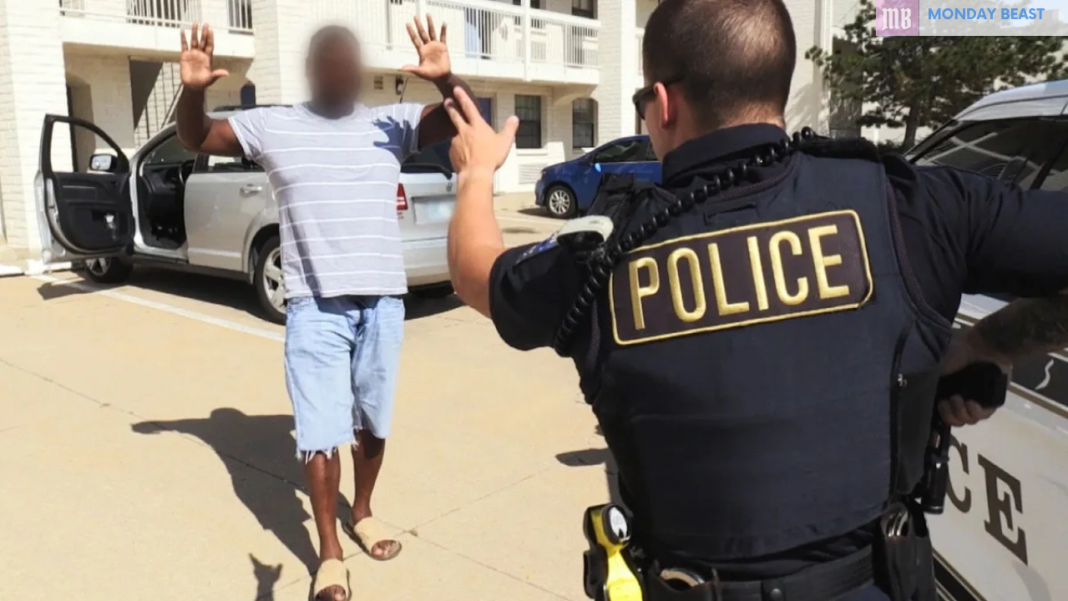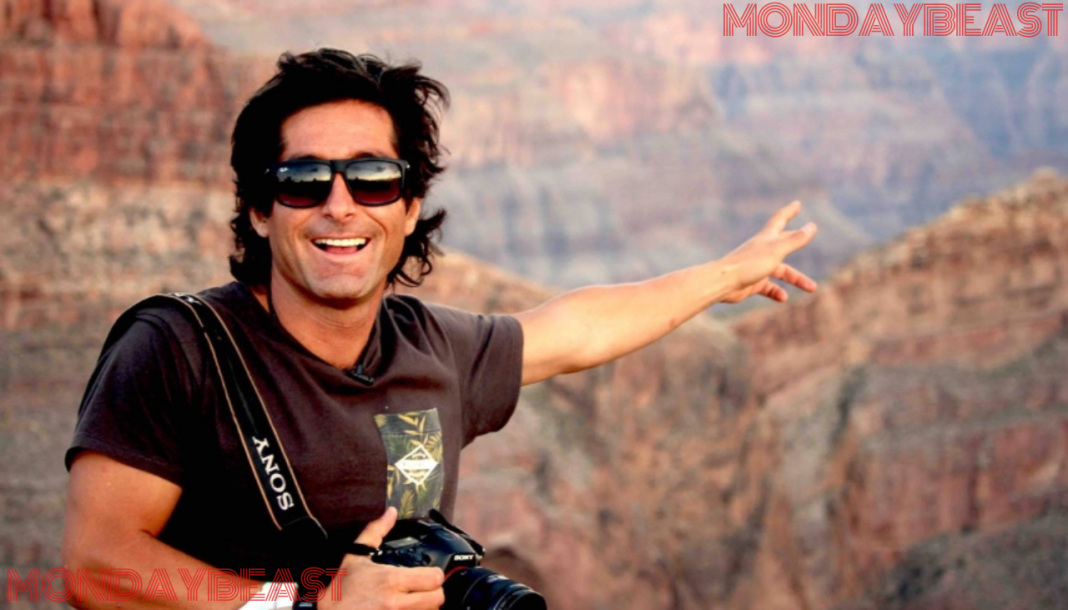A television drama has unfolded recently. A&E and Reelz settled a lawsuit regarding ‘On Patrol: Live.’ This reality series drew inspiration from A&E’s hit ‘Live PD.’ One has to wonder: how similar are these shows, truly?
Also read
How Shah Rukh Khan Became a Role Model for Our Kids
Kartik Aaryan & MrBeast: A Fun Encounter that Shook the Internet
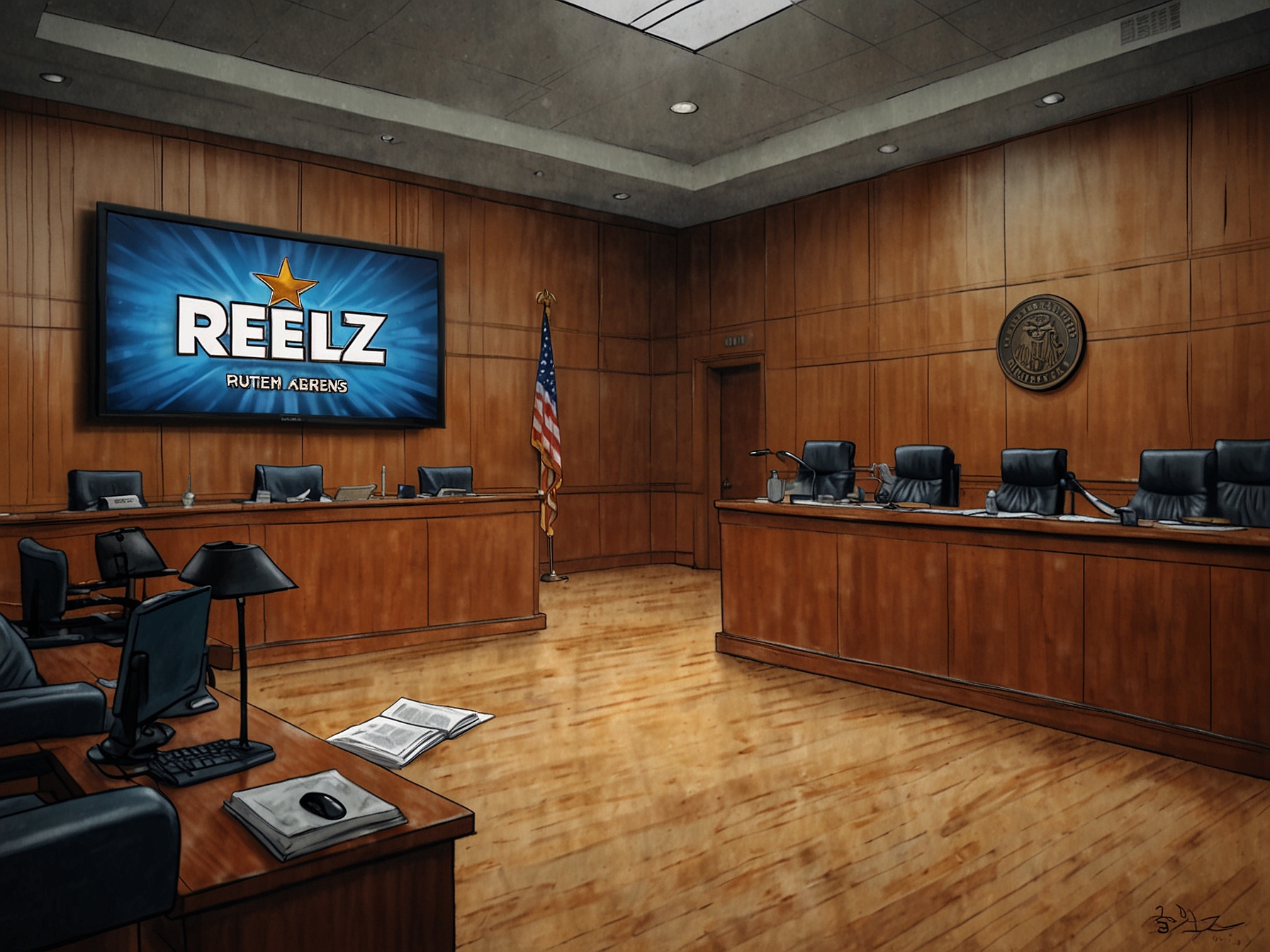
A&E announced their resolution in a New York federal court. They plan to dismiss the case in light of this settlement. What does this mean for both networks? Legal battles in TV aren’t new, but this one caught considerable attention.
The past few years have seen chaos in the media landscape. A&E’s ‘Live PD’ dominated the ratings between 2016 and 2020. However, the show faced criticism following protests against police brutality. The decision to cancel ‘Live PD’ was contentious.
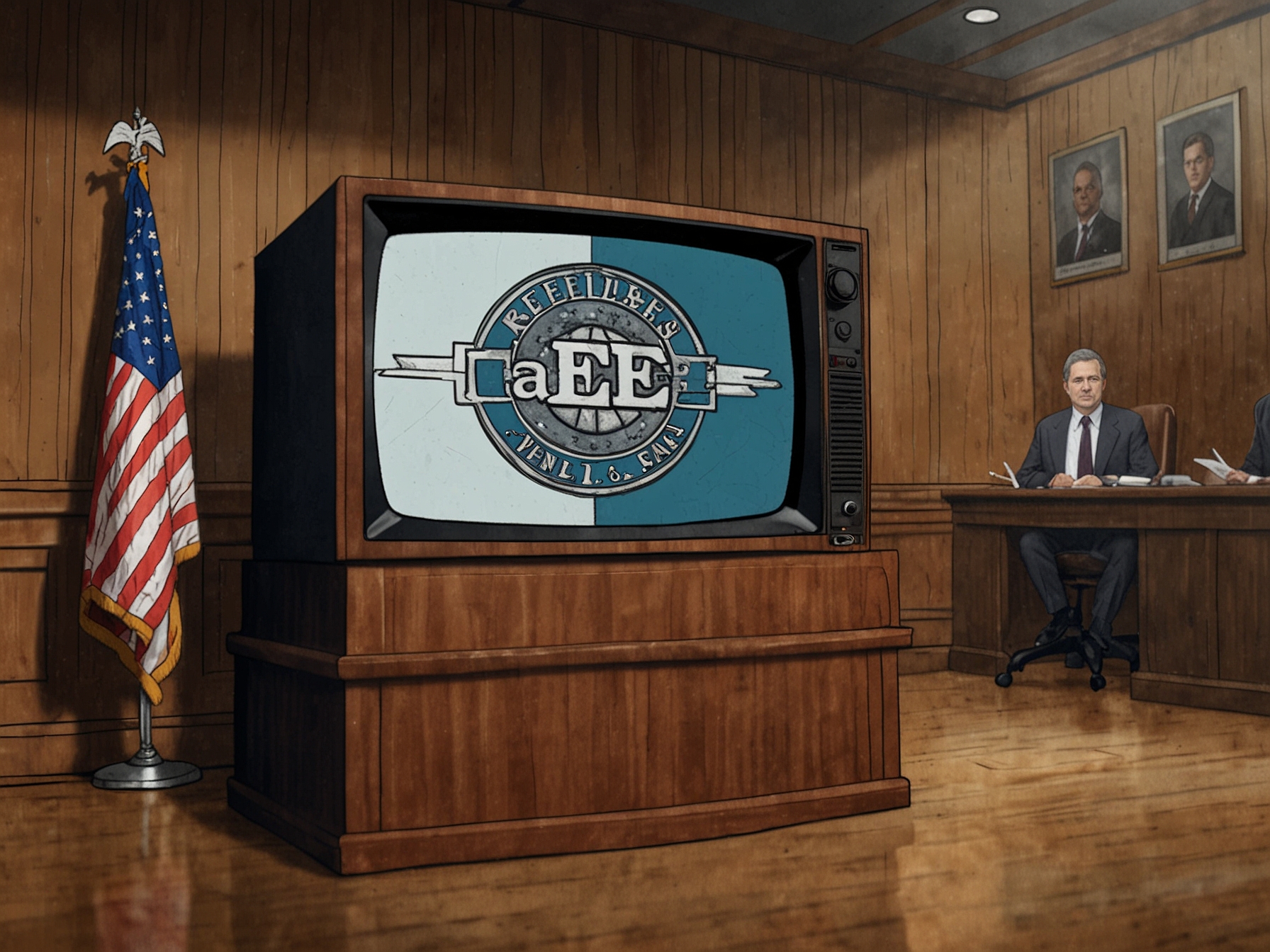
Allegations arose that ‘Live PD’ had suppressed footage connected to police misconduct. The poignant death of Javier Ambler highlighted these issues. For many viewers, it raised essential questions about media responsibility.
Reelz’s ‘On Patrol: Live’ launched amid this storm. A&E claimed that it was almost a mirror image of ‘Live PD.’ This prompted the lawsuit for copyright infringement. In their eyes, Reelz had crossed an ethical line. Yet, Reelz argued they had rights through a licensing agreement.
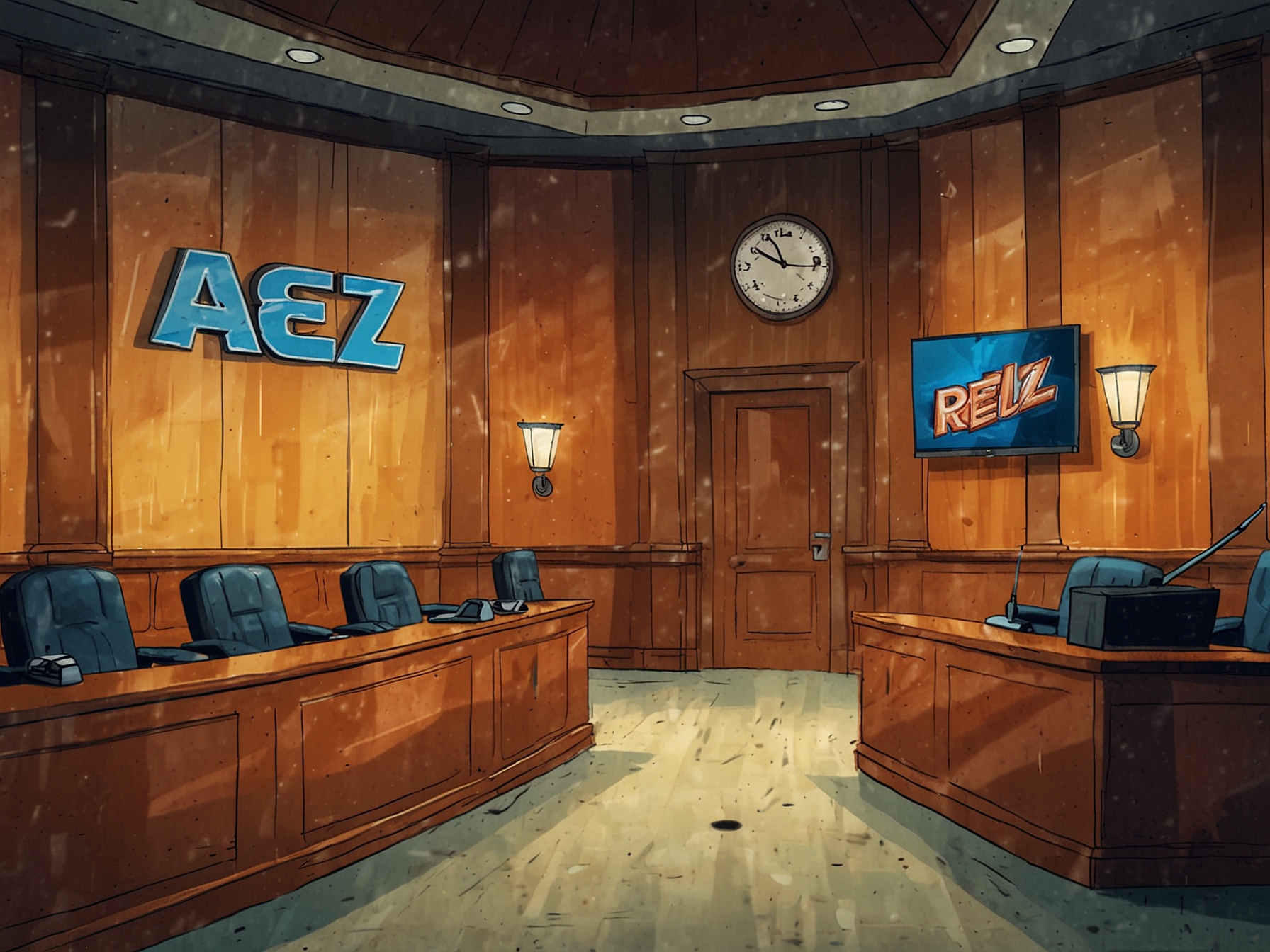
As the negotiations unfolded, A&E shifted gears. The settlement included expanding commercial ties with Amazon. It’s a strategic move that might reshape their programming approach. But does that satisfy viewers who want accountability in police shows?
Reelz has not shared much detail about the settlement. Public response could influence how they adjust their show moving forward. In a landscape flooded with reality TV, staying true to unique storytelling matters greatly.
The future of police-themed reality shows hangs in the balance. As viewers, do we want entertainment at the expense of serious social issues? A&E’s actions leave us pondering all these angles. Perhaps they set a precedent for how networks approach sensitive content in the age of transparency.
In conclusion, the lawsuit settlement opens a dialogue about originality in television. How do networks navigate similarities while ensuring legal compliance? This case gives us food for thought. With the lines often blurring, viewers should remain vigilant. Are we just passive consumers of reality, or do we demand something more?
As the television landscape evolves, this case might serve as a blueprint. Let’s hope it sparks thoughtful discussions about ethics in media. The question remains: how will we engage with these narratives moving forward?

